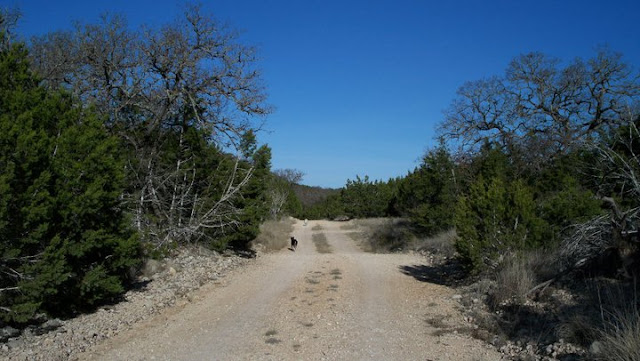With pen touching paper,
I watch the gray shadow float.
What mystery is this—
This writing?
Thoughts of Keats’s imagery
flow through my crowded Mind.
How could he write with such
tingling beauty?
Each metaphor stings with perfection.
Every allusion, Spring water clear—
Fresh, sweet air,
almost the bitter sweetness
of a deep Red Wine.
Can our vineyards produce such a tasteful red?
Could I, or any other wondering
Bard of this century—
Ever create such subtle horizons—
such mystic hues?
No, Romantic as I may be,
there will be no more virile
poesy such as Keats’s
No Grecisms forever alive.
Copyright 1976 Elizabeth Abrams Chapman
I found this piece tucked into my freshman composition journal from my first semester at Texas A&M. I'm presently skimming this spiral, rediscovering the unpolished, enthusiastic writing I composed.









